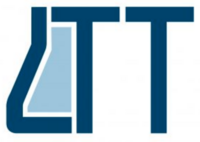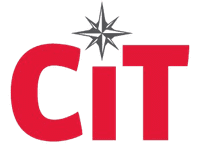
Medicine courses in Wollongong
Course providers in Wollongong
The following providers offer Medicine courses in Wollongong.






























Career Pathfinder
Skills shortages + AI Exposure
Discover in-demand careers and understand how each role may be impacted by AI and automation.
- See in-demand occupations across Australia
- Check AI Exposure ratings
- Compare training duration and average income
Further reading


Most popular government and public sector courses
21st June 2022
What can you do with a Certificate III in Business (Medical Administration)?
11th January 2022All courses
- MSL30122 Certificate III in Laboratory Skills
- MSL40122 Certificate IV in Laboratory Techniques
- HLT37415 Certificate III in Pathology Assistance
- 52896WA Advanced Diploma of Civil and Structural Engineering (Materials Testing)
- HLTSS00064 Infection Control Skill Set
- Bachelor of Science (Genetics and Genomics)
- Bachelor of Science (Biochemistry and Molecular Biology)
- Bachelor of Medical Science
- MSM20116 Certificate II in Process Manufacturing
- MSL50122 Diploma of Laboratory Technology
- Bachelor of Biomedical Science (Infection and Immunity)
- Bachelor of Advanced Science (Honours) (Physics)
- Bachelor of Biomedical Science (Honours)
- Bachelor of Science (Biomedical Science)
More about Medicine courses
Are you looking to jumpstart your career in the health sector? Wollongong is home to a wide variety of Medicine Courses that can pave the way for your future endeavours. With 28 distinct courses available, ranging from beginner options like the Certificate III in Laboratory Skills MSL30122 to advanced degrees such as the Master of Public Health, there is something to suit every level of experience and ambition. No matter if you are starting anew or seeking to enhance your existing qualifications, you're sure to find a course that aligns with your career goals.
Wollongong offers an enriching environment for students pursuing medicine, including specific study areas that cater to diverse interests. Whether you're passionate about Physiotherapy, Psychology, or even Massage, you can find suitable courses to help you excel. The opportunities are extensive, with qualifications leading to promising job roles in fields like Ambulance and Paramedic or Medical Administration. Our supportive community in Wollongong stands ready to help guide you on your educational journey.
Moreover, by enrolling in a course, you are not just gaining knowledge, but you are joining a network of professionals dedicated to making a difference in healthcare. The advanced courses such as the Bachelor of Medical Science and the Diploma of Dental Technology HLT55118 will elevate your skills and open new doors. Explore further study in areas like Allied Health or First Aid to provide comprehensive care to the community of Wollongong. Your journey towards becoming a healthcare professional starts here—embrace the opportunities that await you!
